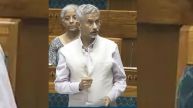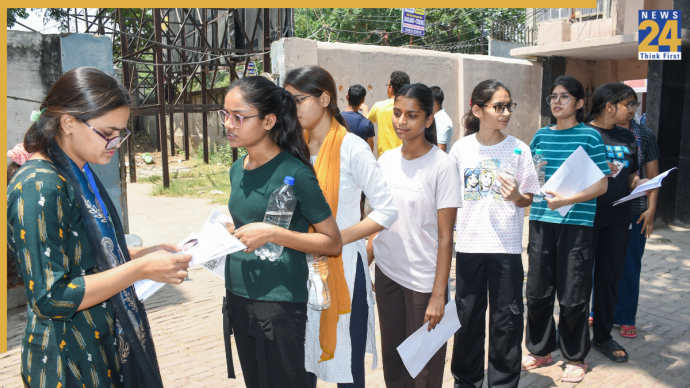New Delhi: Making it mandatory for banks and financial institutions to have a record of financial transactions of politically exposed persons (PEP), The Union government has amended rules under The Anti-Money Law.
As per the new amendment, all financial institutions will have to collect information about every financial transaction of non-profit organisations under the provision of the prevention of Money-laundering Act (PMLA)
Who are politically exposed people?
According to Modified PML rules, Politically exposed persons are ‘any individual who has been entrusted with prominent public functions by any foreign country, This includes the heads of states or government, senior government or judicial or Military officers, senior politicians and important political party officials”.
The amendment brings more transparency
The amendment guided financial institutions to register details of their Clients on the Darpan Portal of the Niti Aayog and maintained it for five years after the relationships between clients and NGOs ended.
After this amendment, banks and all other financial organisations will have to not only maintain a record of transactions of PEPs and NGOs but also share the data with Enforcement Directorate.













